
Hong Kong must accept the China of today with all its flaws. Only then can the city protect its own special privileges. This is according to Christine Loh, a former undersecretary for the environment turned scholar.
She has just released a new book alongside law professor Richard Cullen called No Third Person: Rewriting The Hong Kong Story. It is composed of a series of essays. Cullen, who taught in Australia, moved to Hong Kong to teach at the School of Law at the City University of Hong Kong from 1991-1997, where he was Acting Head of the Department of Professional Legal Education from 1992 to 1994.
Loh describes herself as a bystander figure now, observing rather than taking part in the machinations of Hong Kong’s political sphere, and working as an academic. She believes that in order for the city to flourish, it must find its own positive and compelling story for Hong Kong as part of China.
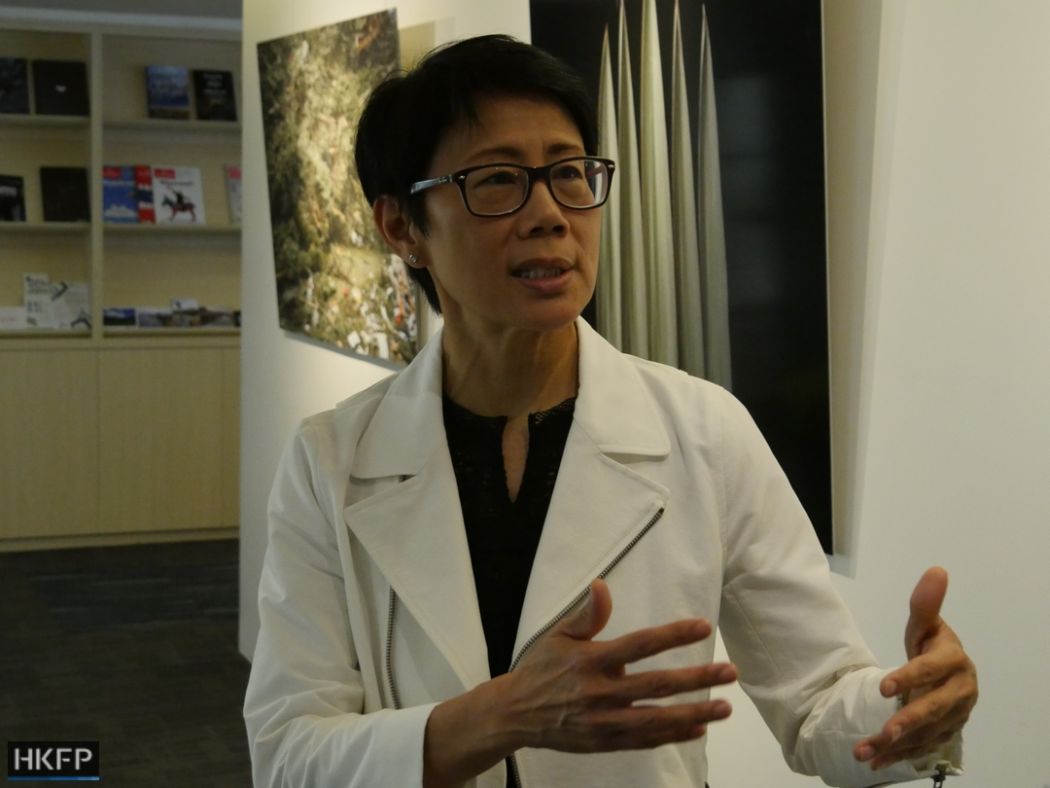
“Hong Kong has to accept China as it is today, and instead of rejecting China, we should see what role we can play for the betterment of the nation. I think it’s quite acceptable to love a country that has flaws,” Loh said in an interview with HKFP.
Now an adjunct professor at the University of Science and Technology, Loh believes that Hong Kong should continue to find reasons to convince China that the special privileges it enjoys benefit the nation as a whole. She believes this approach is better than challenging Beijing’s bottom line on sensitive issues such as Hong Kong independence or self-determination.
“In the past, we have been able to arbitrage our position vis-a-vis China, because we had the protection of a colonial power. However, today we ourselves have to work on that relationship with Beijing, so we have to do that much better ourselves,” she said.
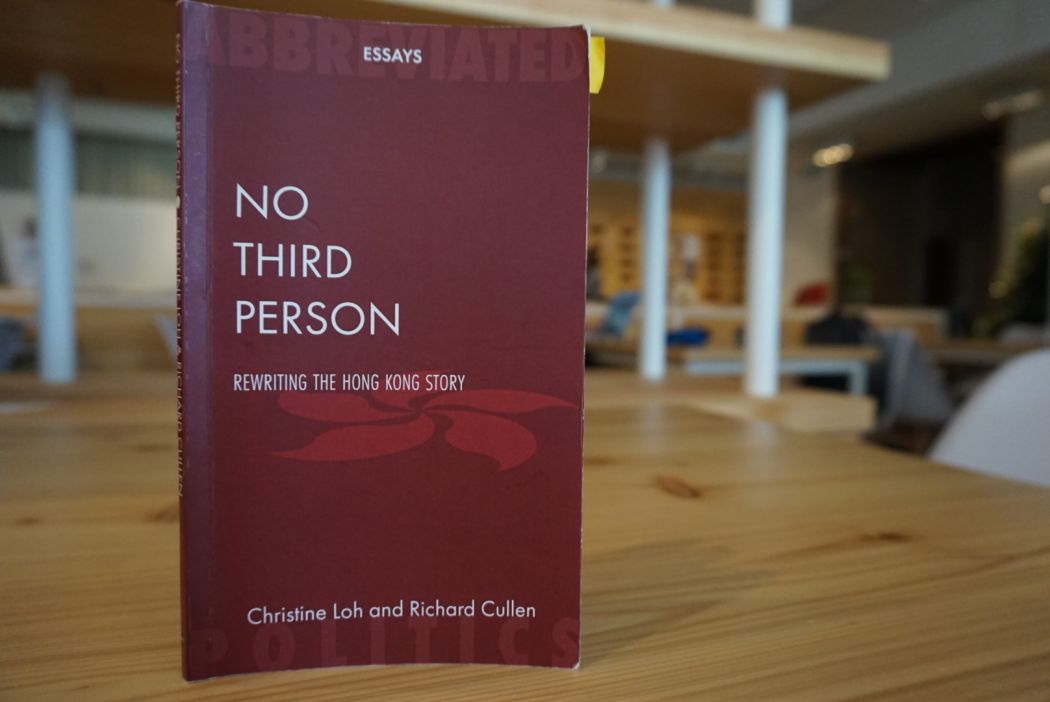
She added that working on that relationship with China meant striving to understand the Chinese system, its rhetoric and use of the Chinese language. In so doing, Hong Kong can “use their system to protect our privileges,” she argues.
“And indeed, I would like to think we can even expand our privileges if we knew how to do it in China,” she added.
‘The space we’re in’
These are all points that are made in Loh’s new book in which she sets out her ideas on Hong Kong’s position within mainland China and the discourse around it.
“But the price of that discussion, or the crux of that discussion is we mustn’t give them a sense that we are not a part of China. So how do we do that? That’s where we are, this is the space we’re in.”
Loh, a lawmaker between 1992 and 2000 and a co-founder of think tank Civic Exchange in 2000, was seen as a liberal political figure at the time.
In 2010, she wrote the book Underground Front: The Chinese Communist Party in Hong Kong, which examined of the role that the Chinese Communist Party has played in Hong Kong since the party’s formation in 1921. Loh joined the government in 2012, and she updated the book with a second edition after she left the government in 2017.
Speaking to HKFP, Loh said repeatedly that it was important that there was a dialogue between mainland China and Hong Kong. One of the arguments she reiterated was on the subject of national security. She believes that opinions differ on what national security means in Hong Kong as in mainland China, asserting that the Hong Kong public has never willingly taken into consideration mainland China’s perspective on national security.

“We tend to hear whatever is articulated on the mainland side and just reject that, and then we try to say what we think”, she said. “There isn’t really any of what I call real deliberation and reflection on the issue.”
“Perhaps this is an issue with both sides. But I am talking about the kind of deeper, longer-term deliberation that we need to have in Hong Kong.”
Loh’s comments come as concerns about bringing back the shelved national security law mount. The controversial law is in accordance with Article 23 of the Basic Law – Hong Kong’s mini-constitution that came into effect in 1997 when the sovereignty of Hong Kong was transferred from the United Kingdom.
Article 23 stipulates that the government shall enact laws on its own to prohibit any act of treason, secession, sedition, subversion against the central government. Legislation failed in 2003 following mass protests. The government has always had enough votes to pass the law, but it has never been raised since the 2003 debacle. Pro-democracy advocates fear it could have a negative effect on civil liberties.
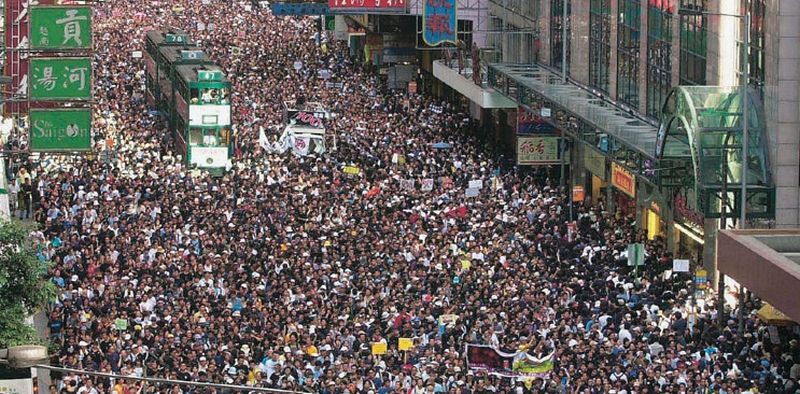
Liberal Party Honorary Chair James Tien, a key figure in the 2003 row, said in November that a national security law should be enacted in the city as soon as possible, before Beijing imposes a much tougher version.
A ‘rather liberal’ Article 23
When asked about the current state of affairs, Loh recalled a draft law – similar to the 2003 version of the national security law – which was published around 1996 by the British colonial government.
“At the time, the collective wisdom was, let’s not pass this, because it may be better not to have this than to have it, let’s leave it to the future,” she said. “And I come back sometimes and think, maybe we should have passed that. I regret not having done it at the time… What I’m saying is that, that was a rather liberal version of Article 23.”

“[A national security law] is something that remains to be done. I think intellectually we all accept that, but we are all fearful of the content and how it might be used. I think it should be possible to go back to look at the two previous versions, and how can we start a discussion in Hong Kong.”
However, Loh admitted that she did not have any “very brilliant idea[s]” on how to conduct the discussions with mainland China that she wished for.
Loh also said that the democrats should have passed the 2015 political reform proposal, calling their decision a “grave error.” The proposal stated that Hong Kong people can choose their leader via a popular election, but only after a predominately Beijing-friendly 1,200-people committee chose two or three candidates.
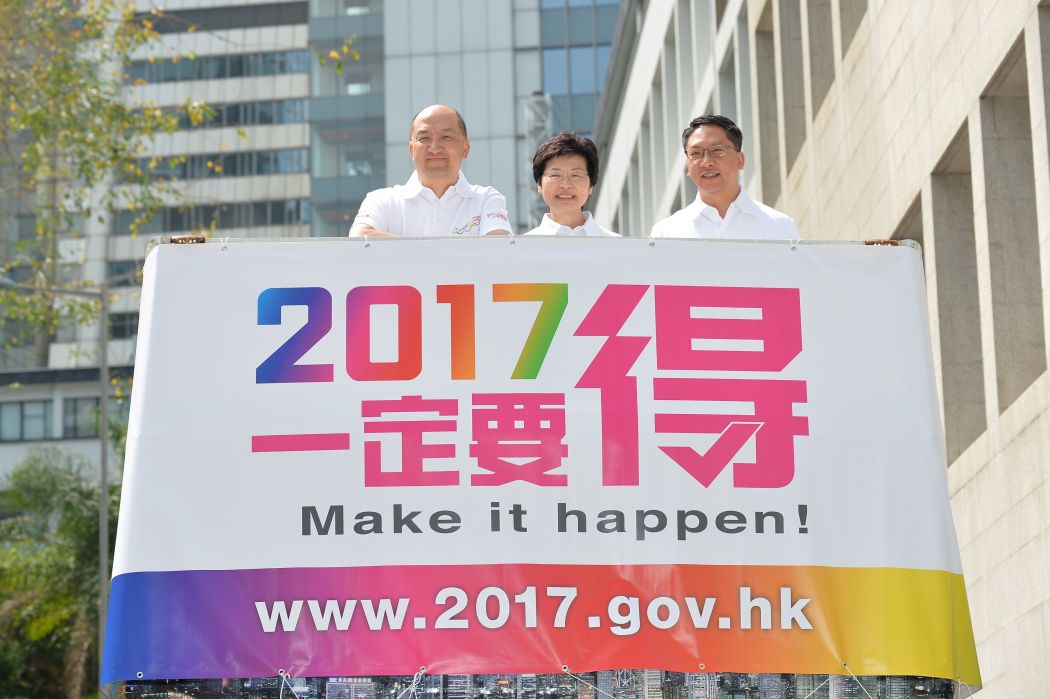
“The way I looked at it, was actually Beijing was allowing Hong Kong to have an experiment at a very high level within the Chinese political hierarchy. There have been village elections at a very low level in China where they allow acceptable candidates to then compete. To enable Hong Kong, to allow Hong Kong to do that was at a much, much higher level.”
‘We feel squeezed’
Loh said it was unfortunate that Hong Kong rejected the proposal.
“Let’s talk about going forward. Is it possible for us to think that we should acknowledge that we missed that moment? If we always continue to deny that that was the right thing to do, we shouldn’t have rejected it, it’s harder to move forward.”
“Obviously, we do have to rebuild trust and dialogue with Beijing. If we can’t get on that path, to even talk about these issues, we are not going to advance. And I think Hong Kong people, including our friends in the democratic camp, know that deep in their heart – how do we get back there?”
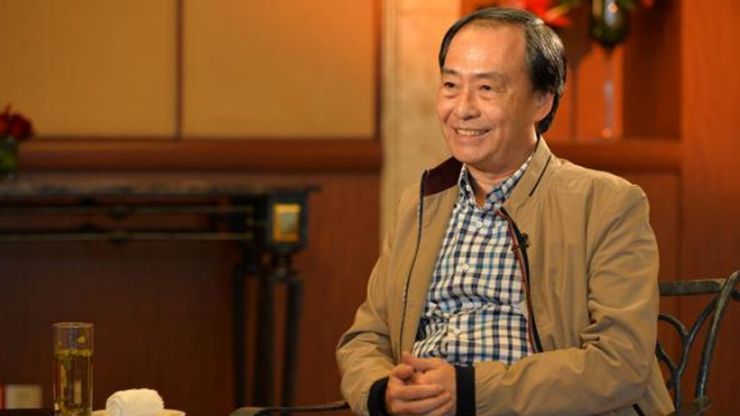
But for Loh, there was one outlier case on which Hong Kong should stand firm, namely in the alleged kidnapping of Hong Kong bookseller Lee Bo by Chinese security agents from Hong Kong into the mainland.
“What was interesting about that case was China did not claim jurisdiction – what I meant from that was, China didn’t say ‘I can do that.’ In fact, China bent over backwards to say; ‘Well, you know, that was not good.’ I think in that case – it’s a good illustration to show the ‘One Country, Two Systems’ structure,” she said. “They couldn’t do this, they shouldn’t do this under the Basic Law.”
Nonetheless, Loh said Hong Kong cannot depart from the “One Country” element in the “One Country, Two Systems” principle.
“I think that Hong Kong is going to have lots of difficult moments working through these red lines [of the One Country element],” Loh said. “People have asked me questions, on what I think Beijing might do. If they were ever to ask me, I’d say do less, relax a bit, do less. I don’t believe Hong Kong people are anti-party or anti-Beijing. We feel very squeezed.”

“So this hesitation about whether we can break away from China – if we can persuade China that actually this is not where we are going to go, but we care deeply, and we treasure deeply the privileges that we have, and we do want to preserve that, because we think that is Hong Kong’s greatest contribution to the China story, the evolution of the greater China story,” she added.
“Then I think we might be able to build a narrative for ourselves that makes sense to others, that China will say, okay, that’s reasonable. But politically how do we get there – I don’t have the answers. But I think we need to see more clearly, where we place ourselves.”
No Third Person: Rewriting the Hong Kong Story and Underground Front: The Chinese Communist Party in Hong Kong, Second Edition are available now with free delivery [HKFP referral links]
